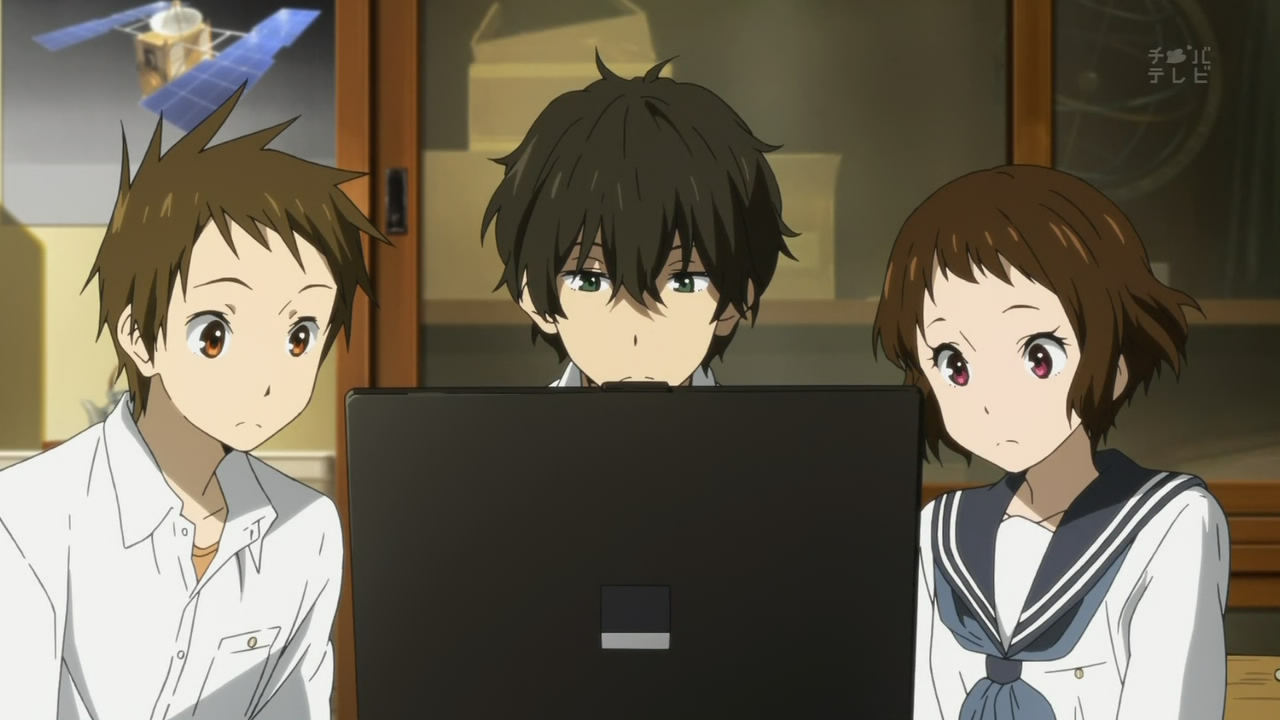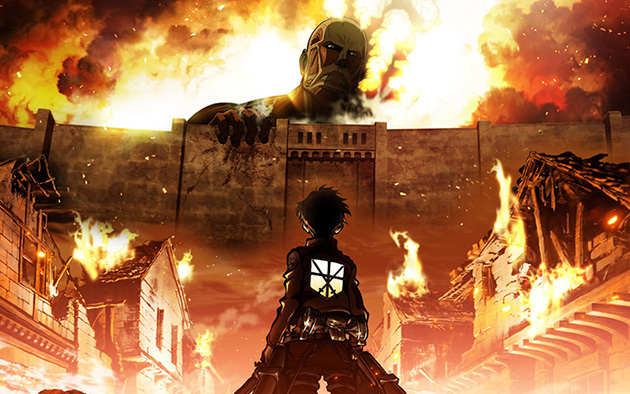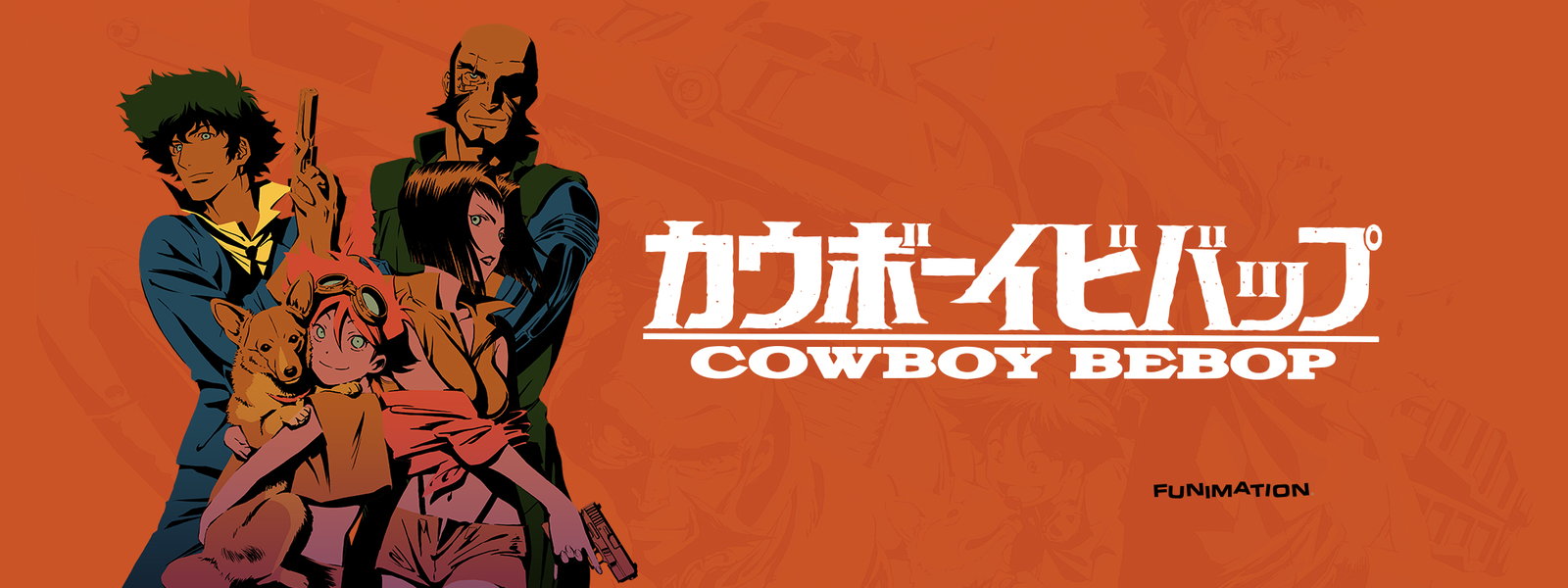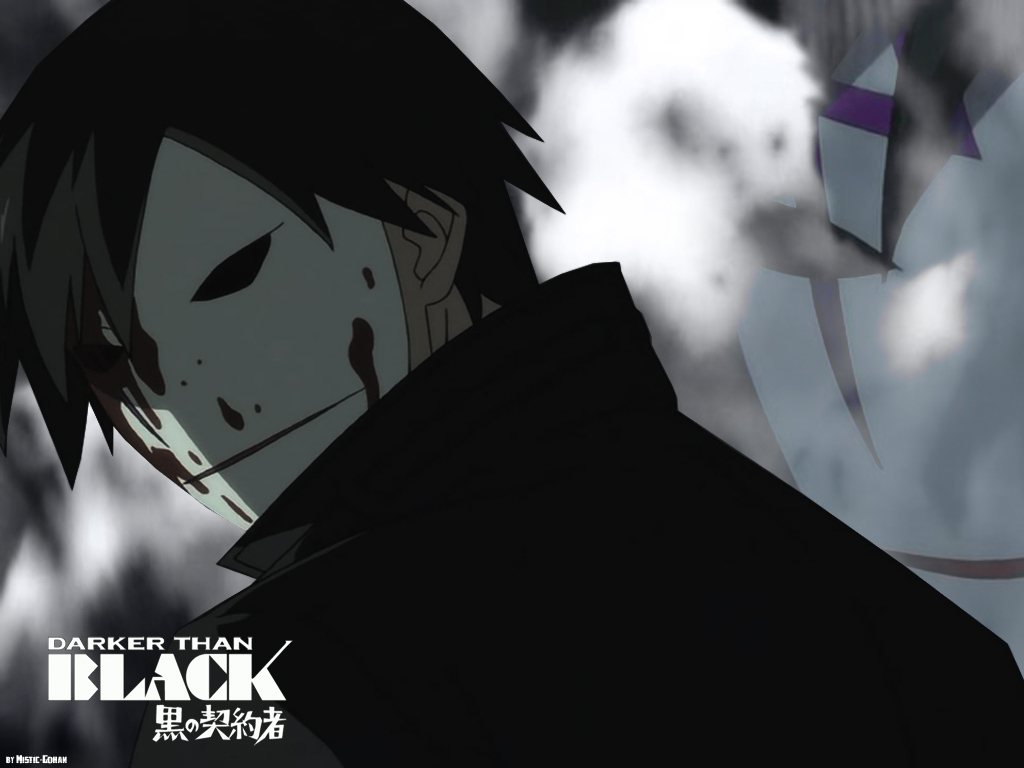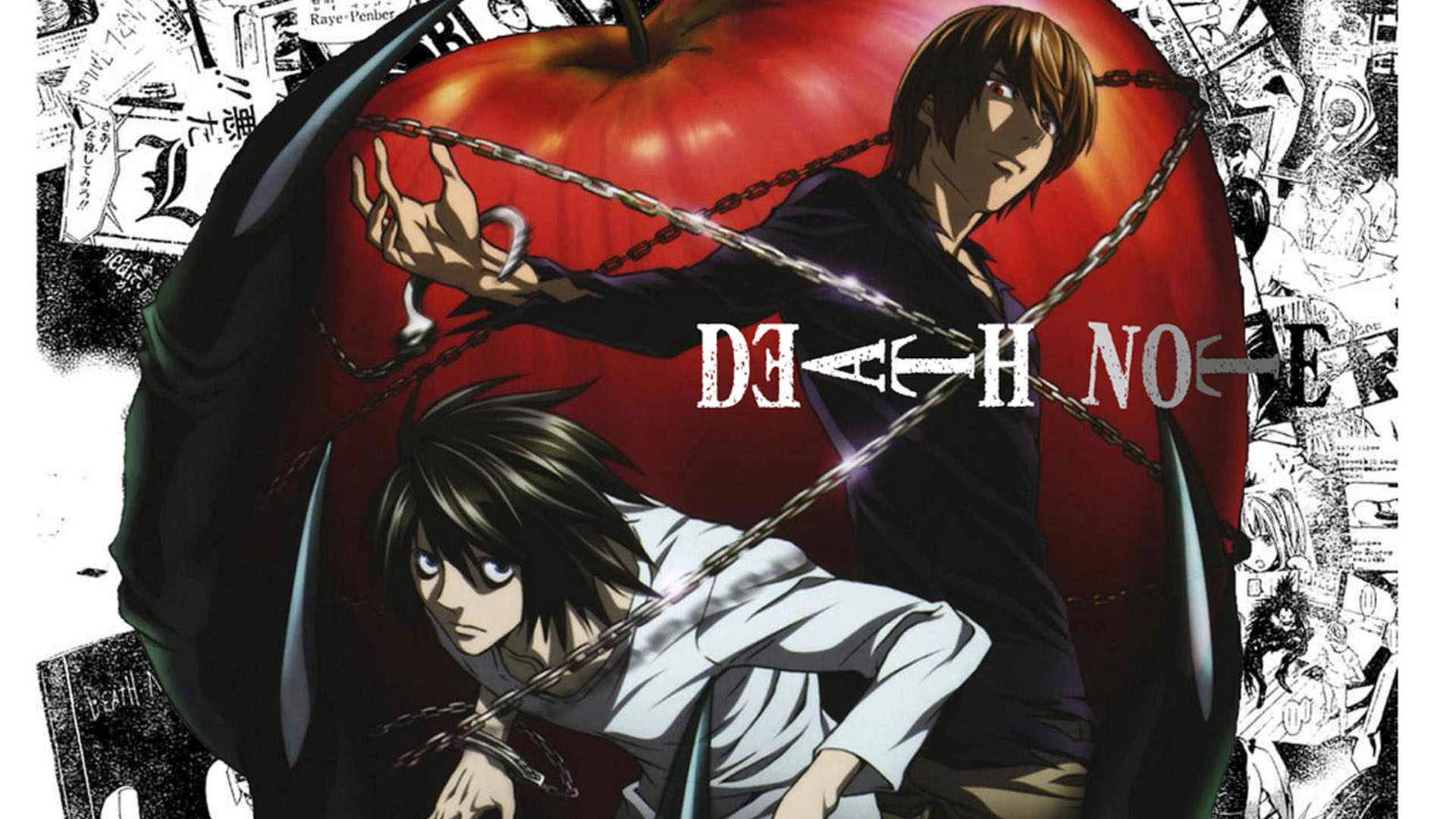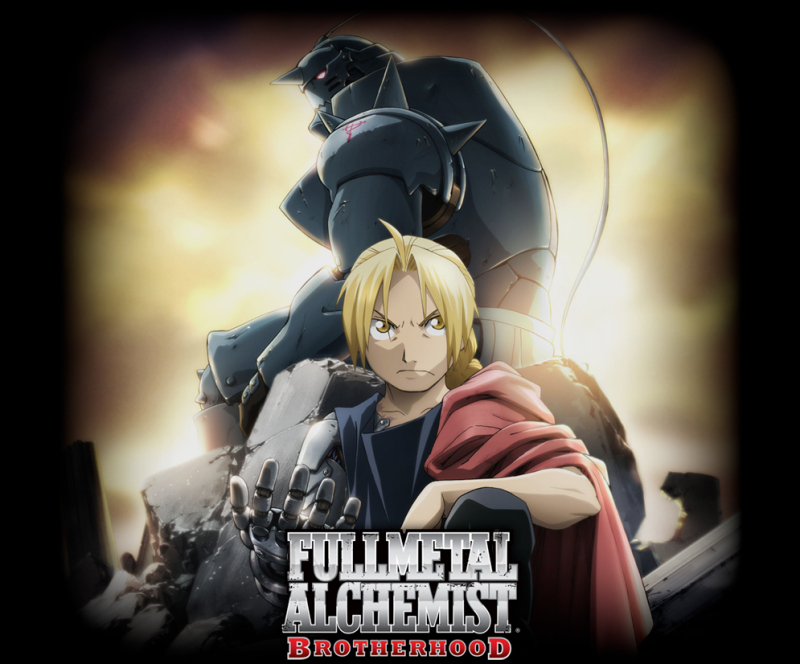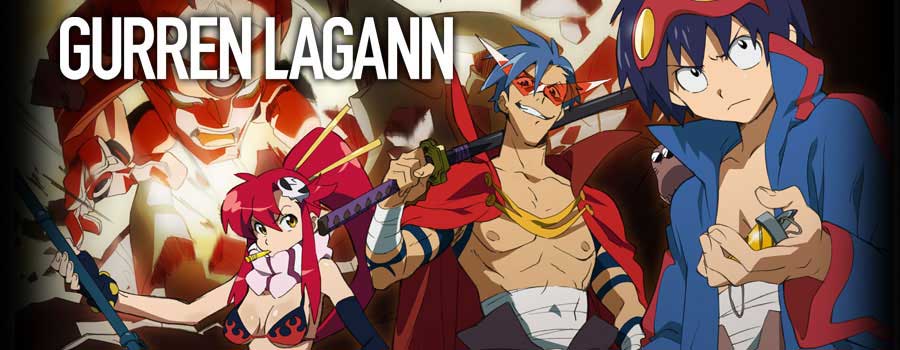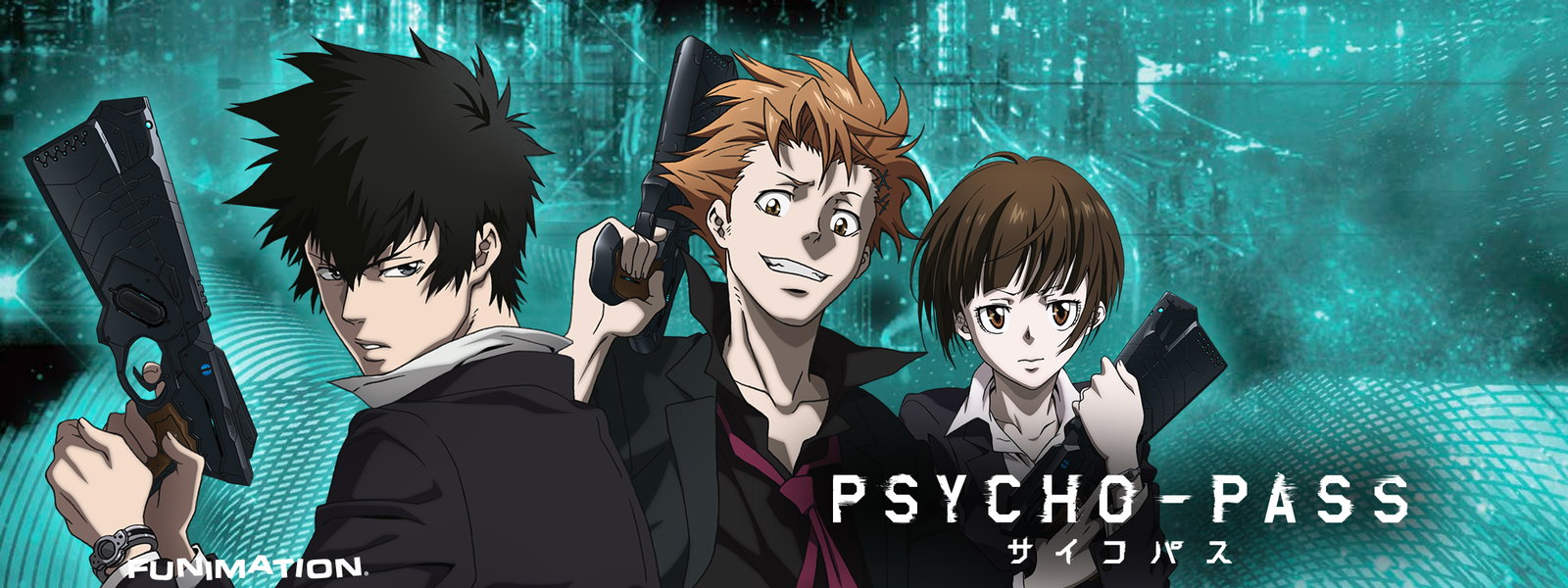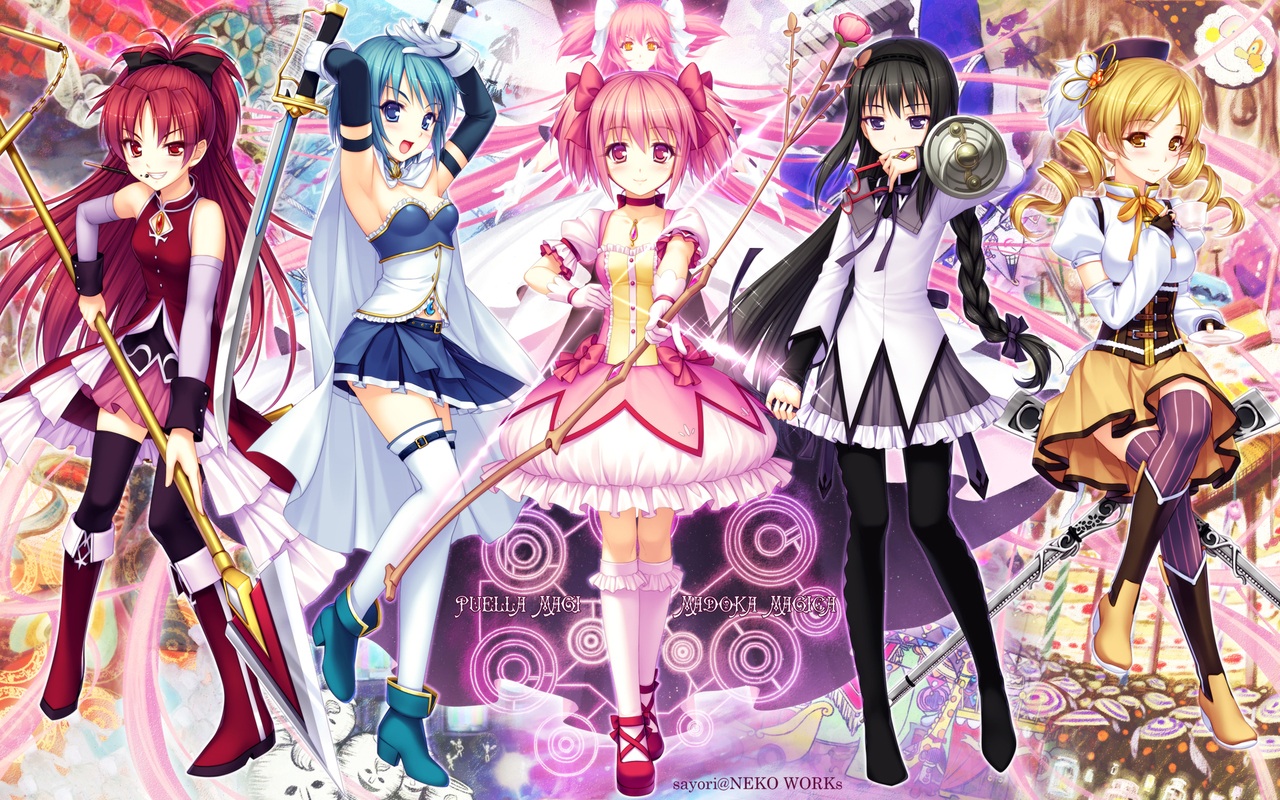Anime can seem like a bit of a minefield to newcomers. Maybe you’ve heard that there’s good stuff to be found beyond the deafening J-pop, overwrought emotions and scantily-clad schoolgirls, or maybe you’ve watched (and enjoyed) classics like Akira and Ghost In The Shell and want to know where to turn next. Well I’m here to assure you that, for all its cringe-inducing tropes, there’s a wealth of terrific work in the anime medium, and most of it is actually in the form of TV shows. In fact, some of my favourite works of fiction from the last couple of decades have been anime TV series, which at their best marry stunning animation with inventive storytelling, compelling characterisation and philosophical depth. Fret no more, ye bemused and intimidated wanderers! The Geekzine guide to the best anime TV series is here to ease you into a rich and varied medium which you may have previously overlooked. Listed below (in alphabetical order) are our top picks for those who wish to sample the highlights of anime programming whilst avoiding its worst excesses:
Attack on Titan (2013)
Probably the biggest anime/manga series in the world right now (not least thanks to a recent live-action adaptation), Attack on Titan proves that you don’t have to sacrifice quality for popularity. Set in a fascinating, pseudo-steampunk world where humanity has barricaded itself inside massive walled cities to escape predatory giants called titans, the series does occasionally suffer from the sort of excessive, overwrought emotion that plagues lesser anime, but its character development, narrative sophistication and lush animation techniques definitely place it a cut above. Focusing on a small group of younger characters as they enlist to fight the titans also allows the creators to construct an interesting critique of military culture, exploring the various reasons (good and bad) people have for joining the armed forces, and the horrifying toll that war takes on soldiers. The titans themselves make for truly frightening enemies, and the ambiguity of their origin lends a strong air of mystery to this mostly action-packed series.
Cowboy Bebop (1998)
Bounty hunters, gunfights, space battles, jazz, philosophy, wisecracking dialogue and effortless style; Cowboy Bebop has all of this and more. Essentially a western set in space, the series is endlessly entertaining and features a whole host of truly unforgettable characters. Although frequently very amusing, Bebop isn’t an out-and-out comedy, and also has its fair share of dark moments. In terms of sheer quality, both of animation and storytelling, it’s one of the most consistent anime on this list, and comes very highly recommended. There’s not much more to say about it, really; you’ve just got to see it for yourself!
Darker Than Black (2007)
Darker Than Black is probably the smartest, most intricately-plotted and well-paced series on this list. Cultural differences in storytelling sometimes mean that Japanese plotting can seem a little byzantine to western audiences, but this series’ narrative runs like clockwork. To call it a fresh take on superheroes that’s partly influenced by Andrei Tarkovsky’s Stalker would be an accurate description, but one that doesn’t fully do justice to Darker Than Black‘s myriad qualities, including a large cast of well-developed characters, some first-class world building and several complex mysteries that ultimately pay off in very satisfying ways. The series even finds time to poke fun at some stereotypical anime tropes, but for the most part this is serious science fiction, done very well.
Death Note (2006-7)
Adapted from the bestselling manga, Death Note is essentially a fascinating crime thriller dressed up with supernatural trappings. The story follows a brilliant high school student who begins a vigilante killing spree after finding a notebook (the titular “Death Note”) dropped by a mischievous Shinigami (Japanese death god), and the genius detective who tries to stop him. The ongoing game of cat and mouse between hunter and hunted is utterly gripping, with killer and detective deploying ever more labyrinthine schemes against one another, and although the pace begins to sag a little after the halfway point (the series is quite long at 37 episodes), what emerges is a twisted, captivating morality play. Typically ‘cutesy’ anime elements are almost entirely absent, and a profoundly dark atmosphere pervades Death Note‘s story of righteousness becoming a fast path to atrocity.
Fullmetal Alchemist: Brotherhood (2009-10)
The second attempt at adapting the wildly popular manga property, and one which hews much closer to its source material than 2003’s Fullmetal Alchemist. Brotherhood tells the story of brothers Edward and Alphonse, who live in an analogue of 19th century Europe where “alchemy” is a powerful magical force. When the boys’ mother dies, their ill-fated attempt to resurrect her using alchemy backfires gruesomely, with Edward losing two of his limbs and Alphonse ending up as a sentient suit of armour. Years later, the brothers use their position as state alchemists to seek out a way of restoring their bodies, but in the process stumble upon an ancient conspiracy which threatens the lives of millions of people. At 64 episodes long, Fullmetal Alchemist: Brotherhood is a truly epic story which spans centuries and continents in the telling, but always with Edward and Alphonse’s relationship at its heart. It’s quite political, too, for all its fantastical and occult subject matter; over the course of its run, the series tackles heavy topics such as war, colonialism, terrorism and medical experimentation, and well as more abstract ideas like fate, guilt and moral corruption. While the series isn’t perfect, it has myriad strengths, including a wealth of unforgettable characters (with some brilliantly disturbing villains), genuinely gripping storylines and some of the most thrilling fight scenes you’ll ever see. The last 15 episodes effectively take place in real time, and consequently ramp up the climactic tension to almost unbearable levels. The most interesting thing about the series, though, is its frequent shifts in tone: Brotherhood‘s only real weakness is an occasional overindulgence in ‘cutesy’ anime moments, but these are almost always counterbalanced by some shockingly dark plot developments, resulting in a story which despite its flaws is never, ever boring.
Gurren Lagann (2007)
Channeling over-the-top bravado into physics-defying cosmic combat, Gurren Lagann‘s storytelling matures with its main character. Beginning as a homage to wacky Saturday morning cartoons, and slowly turning into a commentary on revolution, oppression and humanity’s fighting spirit, the series does sport quite a few of anime’s most groan-worthy tropes across its 27 episodes, but the increasing narrative sophistication and poignant character moments more than make up for this. Ultimately it’s a story about (mostly) ordinary people fighting for their freedom whilst being shaped by both triumph and tragedy, and the twists thrown up by later episodes will make you want to watch the whole thing again. Plus, there are dozens of awesome (if ludicrous) fight sequences, and a superb soundtrack to boot.
Neon Genesis Evangelion (1995-6)
This is the big one. Despite its willful opacity, philosophical ambition and a notoriously surreal ending, Neon Genesis Evangelion remains one of the most critically acclaimed anime of all time. Nominally a deconstruction of the ‘mecha’ (i.e. giant robot) genre, Evangelion takes the premise of precocious teenagers piloting war machines and uses it to explore themes as diverse and harrowing as abandonment, self-doubt, religion, betrayal, loss, existential dread and the end of the world, all the while drenched in apocalyptic Christian symbolism. Featuring some of the most complex characters ever portrayed in anime, and dominated by a potently numinous atmosphere, the series’ various mysteries will linger in your mind long after the last episode ends. Millions of words have been written about Evangelion‘s legacy and cultural impact, its themes, its politics and what it’s ‘really’ all about, but only one thing’s for sure: you should watch this series. It’s a perfect blend of the cerebral and the emotional, with moments of true beauty and pure horror, and from its exquisitely-composed (and thematically relevant) scene layouts to its heartbreaking character moments and pervading sense of cosmic eeriness, this series is a terrific example of what anime can achieve at its best.
Psycho-Pass (2012-13)
Fancy a mix of hard sci-fi and gritty police procedural, with a generous helping of technological dystopia? Then Psycho-Pass is for you! Despite its ridiculous name, the series is a sober and frequently disturbing affair, set as it is in a future where a vast AI system decides everyone’s place in society for them. Law enforcement is a much-changed enterprise in this world, where every citizen is scanned for inherent criminality and condemned on that basis. By focusing on a pair of stereotypically mismatched detectives, Psycho-Pass is able to explore in depth the fascinating ramifications of its science fictional setting through the various cases they encounter, and you’ll often find that questions you have about the minutiae of the series’ world-building are answered within a couple of episodes of arising. Wearing its Philip K. Dick influences on its sleeve, Psycho-Pass has plenty to say about individuality and freewill, and it’s this thematic depth coupled with truly memorable characters and the series’ absolutely stunning animation that makes it a must-watch.
Puella Magi Madoka Magica (2011)
Another smart deconstruction, this time of the ‘magical girl‘ subgenre of anime. Puella Magi Madoka Magica subverts the sugary tropes immortalised by Sailer Moon and others to create a darker and more introspective story about schoolgirls gaining magical powers and fighting evil. Here, the transformation is rendered as a Faustian pact which leads to untold suffering for the girls in question, and the series dwells at length on the agonising choices characters are forced to make in an increasingly complicated and dangerous world. But Madoka Magica is also a treat in terms of visual innovation; the series’ animation is gorgeous in general, but things get particularly interesting whenever the girls do battle with a ‘witch’, the latter being rendered as a chaotic maelstrom of art styles, including collage and pencils, imposed upon a traditionally-animated background. While those with a low tolerance for ‘cutesy’ anime will probably run a mile from the series’ poster art alone, it’s worth remembering that most of these stylistic leanings are purely superficial in the case of Madoka Magica. What’s more, the series makes up for its unoriginal schoolgirl aesthetic by featuring a large number of complex and well-written female characters.
Steins;Gate (2011)
Adapted from a popular visual novel, via a multi-series manga, Steins;Gate is a story of time travel, tragedy, romance and heroism, with a number of very funny digs at otaku culture thrown in for good measure. The animation is frequently stunning, and the mind-bending time travel narrative always compelling, but what really makes this series a modern classic is the heartbreaking character arc of Rintaro Okabe, a clownish buffoon and self-proclaimed ‘mad scientist’ who is shaped by repeated trauma into a selfless hero carrying a terrible burden. But Steins;Gate isn’t just about one man; there’s a full cast of richly developed supporting characters as well, and their complex relationships give true heart to this intricate story about a time machine that’s inspired as much by Shane Carruth’s Primer as by any of its anime forebears.
Think we missed anything out? Let us know in the comments!

